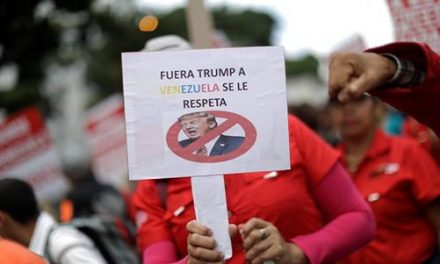Experts Split On Precedent In Uruguay’s ISDS Victory Over Philip Morris
from Inside US Trade
Related: Public Health Takes a Hit Even as Uruguay Prevails in Infamous Philip Morris Investor-State Attack
Philip Morris’ challenge of a number of Uruguayan tobacco control measures was brought to an end on July 8 after arbitrators sided with the South American country in a split decision, but experts are divided on what the outcome means for future challenges of anti-tobacco laws and regulations under investor-state dispute settlement provisions.
ISDS experts disagreed over two issues, the first being whether Philip Morris’ unsuccessful challenge in Uruguay will lead that and other multinational tobacco companies to be wary of bringing future ISDS cases against public health measures. Second, those experts differed on whether the outcome of the Uruguay dispute is precedent-setting in favor of anti-smoking public health measures and against tobacco companies seeking to challenge them.
Central to the belief that tobacco companies will not be deterred from bringing cases against public health measures is the fact that the process of a dispute itself incurs a potentially overwhelming financial cost on countries seeking to limit domestic tobacco demand, regardless of which party is successful in the litigation, some experts contend. The threat of that cost alone may be enough to cause governments to hesitate when considering tobacco control measures, creating a “chilling effect” on anti-smoking regulations.



